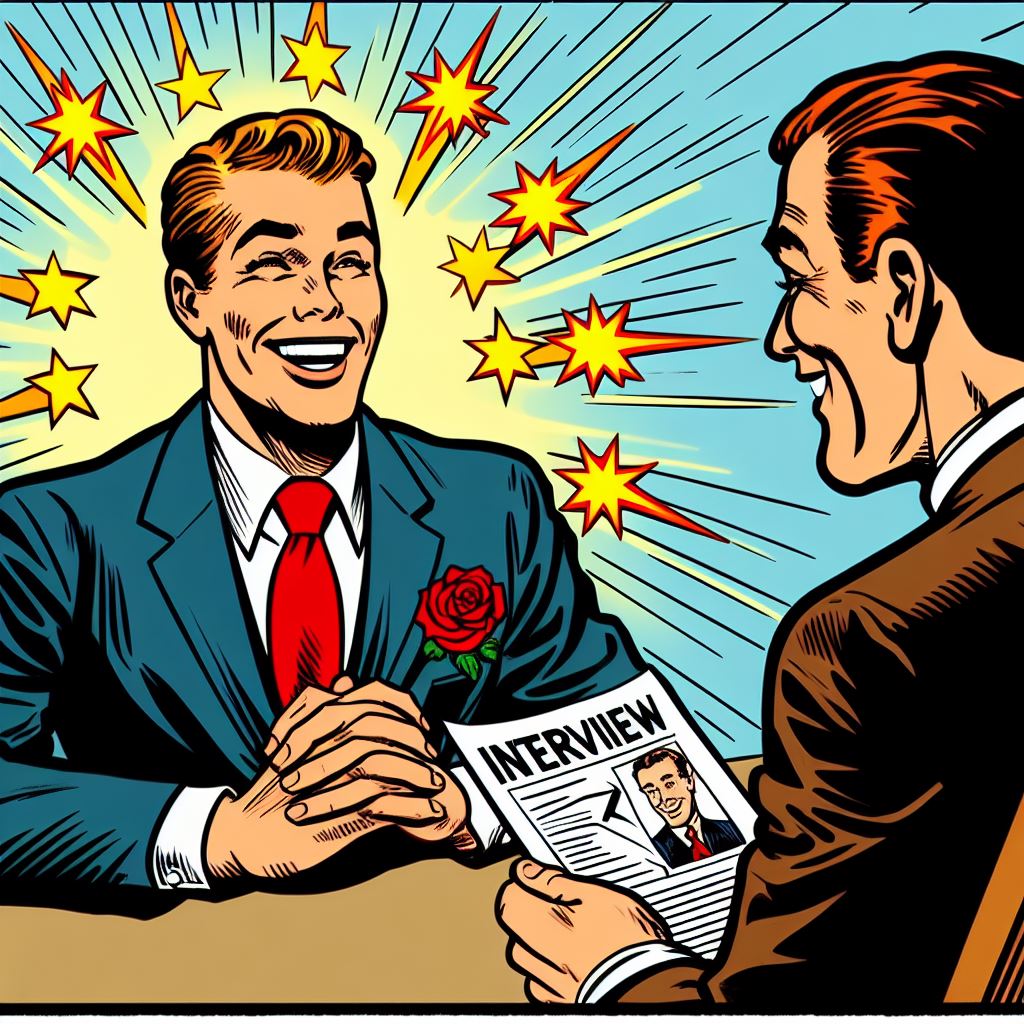12 Point Checklist for Successful Behavioral Interview Responses
February 10th, 2024 by lewis
Tweet Introduction
Introduction
In the high-stakes arena of job interviews, the way you communicate your experiences and achievements can make or break your chances of landing the role. It’s not just about what you say but how you say it that matters. Are you effectively showcasing your skills and suitability for the job? To help you navigate this crucial aspect of the interview process, we’ve compiled a comprehensive checklist to ensure your responses are engaging, authentic, and tailored to impress.
Maintain Positivity
Ensure your response isn’t overly negative. Even when discussing challenges or failures, focus on what you learned or improved rather than dwelling on the negatives.
Avoid Painting Others in a Negative Light
Be mindful of how you portray colleagues or past employers. Instead of criticizing, highlight collaborative efforts and your ability to overcome obstacles as a team.
Highlight Growth and Learning
When discussing difficult situations, emphasize what you improved or learned from the experience. Showcasing your resilience and adaptability is key.
Conclude on a Positive Note
Always wrap up your response with a positive, measurable outcome. Leave the interviewer with a clear understanding of the impact you made or the results you achieved.
Ensure Relevance
Keep your response focused and relevant to the job you’re applying for. Avoid tangents or irrelevant details that won’t demonstrate your suitability for the role.
Demonstrate Value
Show how your experiences align with the requirements of the position. Highlight specific skills or achievements that directly relate to the job.
Be Clear and Concise
Clearly describe your contributions without getting bogged down in unnecessary details. Keep your response concise, aiming for a length of 2-3 minutes.
Stay Authentic
Avoid embellishing or fabricating stories. Interviewers can often detect insincerity, so stick to genuine experiences that reflect your true capabilities.
Make it Memorable
Add details or anecdotes that make your story memorable and engaging. Personal touches can help you stand out from other candidates.
Link Back to the Role
Always tie your response back to the specific requirements of the job. Help the interviewer see how your experiences make you the ideal candidate for the position.
Avoid Boredom
Keep your response lively and engaging. Explain why your story is important and how it relates to your suitability for the role.
Find the Right Length
Aim for a response that is neither too long nor too short. Strike a balance between providing enough detail to be compelling and keeping the interviewer’s attention.
Conclusion
By following this checklist, you can ensure that your interview responses are compelling, relevant, and memorable. Remember, effective communication is key to making a lasting impression and securing the job of your dreams.
12 Point Checklist for Successful Behavioral Interview Responses
Is your response overly negative?
- Does your response paint you or people you work/ed with in a negative light?
- If you were asked to discuss a failure or difficult situation, did you summarize what you improved, or what you learned?
- Did you conclude with a positive, measurable outcome?
Is your response unclear or irrelevant?
- Does the story demonstrate what you can do for them?
- Did you clearly describe what you did?
- Did you include irrelevant details that won’t help you get the job? (Like too many high level details up about your company or project.)
- Is the story fake or inauthentic?
- Does your response link back to the role that you are applying for? Is it relevant to the job?
Is your response boring?
- Is your response boring? Did you explain why your story is important?
- Is it too long or too short? (Aim for 2-3 minutes in length.)
- Do you need to add details to make your story memorable and interesting?
If you liked this article, let us know by clicking Like.